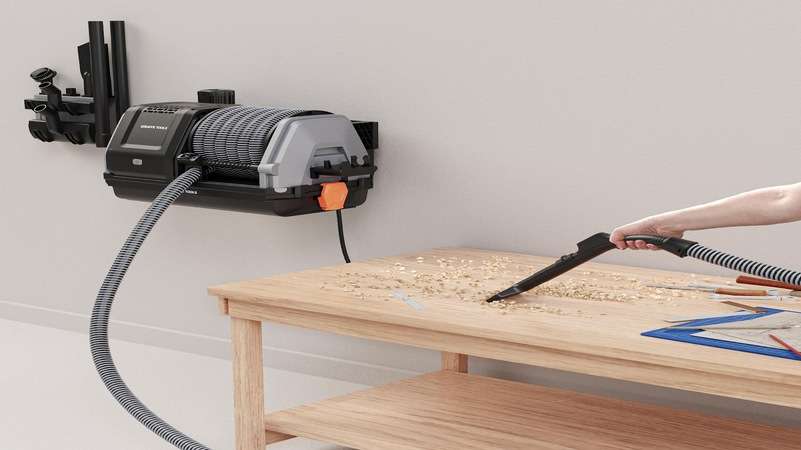If you’re running a brewery, your choice of flooring matters a great deal. It will affect the performance of your staff, and also impact the quality of the product in a potentially more direct way, by raising or lowering your standards of hygiene. Whether your brewery is large or small, resin-based treatment onto concrete will usually be the best possible option. It won’t crack in the same way as tiles, or absorb liquid in the same way as bare concrete might.
But floor coatings of this kind come in different grades and thicknesses, especially if we include shop-bought floor paint out of a can. Your preference will depend on what your priorities are. Let’s examine each of these concerns in turn, and see how your choice of flooring might impact the outcomes.
Safety
If the floor underfoot might potentially become wet, then we should consider the risk of slipping. This is advisable not just for the benefit of staff; if your brewery offers guided tours, then you’ll also be exposing your visitors to risk by failing to install a slip-resistant surface.
Resin flooring can be enhanced using aggregates (basically sand, or grit). This will give the surface a rough texture, almost like sandpaper, and make it easier to stay on your feet. We should bear in mind also that high-gloss flooring will improve light distribution around the interior, and also provide a means of conveying simple messages about where everyone should be walking.
Metallic or marble coatings are a form of solid epoxy mixed with glitter-like particles. This mixture creates a beautiful pearlescent concrete surface. Epoxy coatings protect and increase the lifespan of your concrete floor. These coatings will be waterproof and prevent spills from staining your concrete.
Hygiene
When you’re dealing with products containing yeast, it is vital that your flooring is able to cope with organic liquids. You don’t want a stain to develop every time the product is spilled. Since all beer is, by definition, acidic, it will gradually eat into concrete. Once it’s done so, it’ll create the perfect environment for harmful pathogens to flourish, which will ultimately put everyone at risk of respiratory illness.
That’s among the key strengths of Polyurethane: it’ll withstand these substances.
While a rougher surface will make the floor safer; In that, it will provide greater grip, it has the considerable disadvantage of making it more difficult to clean. If tiny dust particles can find their way into the gaps between the bumps on your flooring; then they’ll find their way into the air, and ultimately the product itself. This is part of the reason why a tiled floor, complete with dirt-attracting channels of grout, is less than ideal for a facility of this kind.
By contrast, a smooth surface can be easily and frequently run over with a mop. If the surface is smooth enough, in fact, then the liquid may quickly drain away.
Epoxy resin will not tolerate the high temperatures associated with steam cleaning, and thus if you’re going to be cleaning in this way, a polyurethane alternative will probably be preferable.
















